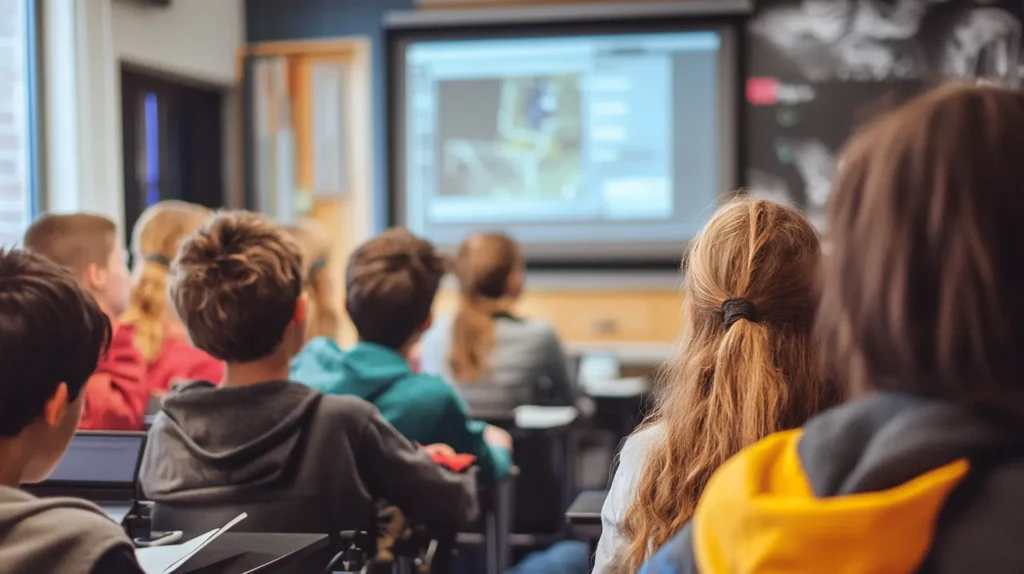Search

IB Diploma Chemistry HL
Topical Past Papers Topical eBooks
WHY CHOOSE THIS SYLLABUS?
Chemistry is an experimental science that combines academic study with the acquisition of practical and investigational skills. Chemical principles underpin both the physical environment in which we live and all biological systems. Chemistry is often a prerequisite for many other courses in higher education, such as medicine, biological science and environmental science.
Both theory and practical work should be undertaken by all students as they complement one another naturally, both in school and in the wider scientific community. The DP chemistry course allows students to develop a wide range of practical skills and to increase facility in the use of mathematics. It also allows students to develop interpersonal and information technology skills, which are essential to life in the 21st century.
By studying chemistry students should become aware of how scientists work and communicate with each other. While the scientific method may take on a wide variety of forms, it is the emphasis on a practical approach through experimental work that characterizes the subject.
Teachers provide students with opportunities to develop manipulative skills, design investigations, collect data, analyse results and evaluate and communicate their findings.
ASSESSMENT OVERVIEW
Paper 1
- 40 multiple-choice questions
- 1 hour
- 20% weighting of final grade
Paper 2
- Short answer and extended response questions
- 2 hours 15 minutes
- 36% weighting of final grade
Paper 3
- Data and practical – based questions, plus short answer and extended response questions on the option
- 1 hour 15 minutes
- 24% weighting of final grade
SUBJECT CONTENT
Core
- Stoichiometric relationships
- Atomic structure
- Periodicity
- Chemical bonding and structure
- Energetics/thermochemistry
- Chemical kinetics
- Equilibrium
- Acids and bases
- Redox processes
- Organic chemistry
- Measurement and data processing
Additional Higher Level (AHL)
- Atomic structure
- The periodic table—the transition metals
- Chemical bonding and structure
- Energetics/thermochemistry
- Chemical kinetics
- Equilibrium
- Acids and bases
- Redox processes
- Organic chemistry
- Measurement and analysis
SOURCE
https://www.ibo.org/

 2023-05-26
2023-05-26




